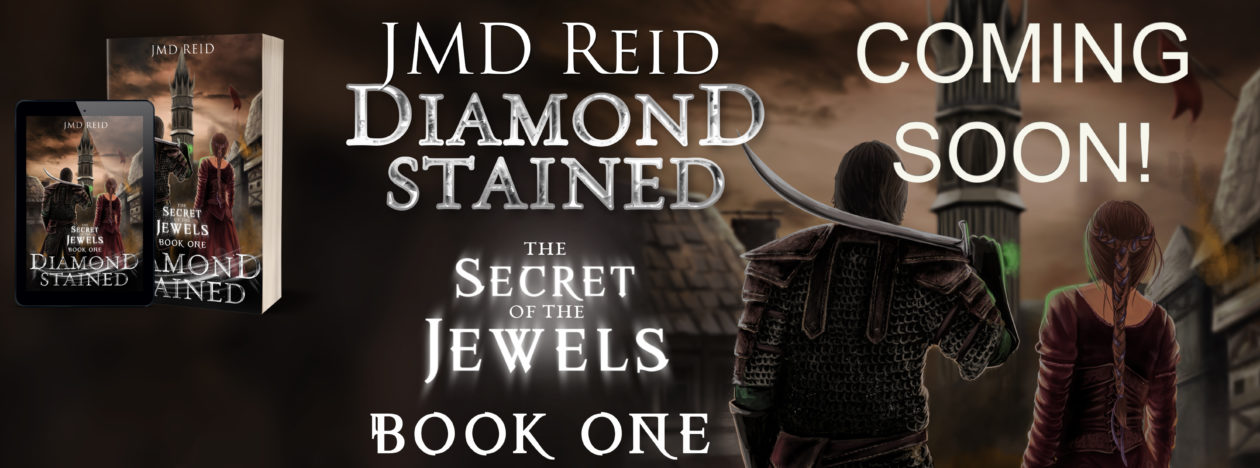The very kind Paige Randall tagged me in the seven lovely things blog tour! Thanks! You can read her very interesting and entertaining post at her blog! I learned that Sciurophobia was a thing.
- When I was born, there was a tiny hole in my right ear. My mom was freaked out (so I’ve been told), but it’s apparently a defect from my dad’s side of the family. The hole has since grown to the outer edge of my ear, leaving only a notch on the rim.
- I am afraid to say that I have shoplifted twice in my life, both times as a teenager, and both times they were to steal books. Yep, out of all the things to shoplift I stole books. From the now long closed Waldenbooks I stole People of the Fire by W. Michael Gear and Kathleen O’Neil Gear. The other was Neandarthal and I can’t remember who wrote it or even what I did with the book (I feel like I traded it to a used bookstore). I stole that one from a 7-11 of all places.
- I didn’t go to my school’s prom. Instead, I went to a friends house and a bunch of us played Starcraft, Goldeneye, and Mario Kart 64 all night. I don’t regret this decision. I had a lot of fun with Ben, Dave, and Homechiken (or HC, don’t ask why we called him that) during high school.
- I have only ever loved one woman. It took me two days to work up the courage to tell her my feelings. Her answer: “That’s nice.” I didn’t make it out of the friend zone. The only picture I had of her (this was before cell phones with cameras, or even cell phones, were common) was lost in a move. I can still remember the blue of her eyes and her lovely smile.
- No one spells my last name right. It’s Reid, pronounced Read, and everyone assumes it’s spelled Reed. I don’t even have to think it any more. When someone asks for my last name I say, “Reid. Spelled R E I D.”
- I was born five minutes past midnight in Okinawa, Japan on April 30th. It was still April 29th in the States and my Grandmother still thinks my birthday is on April 29th. And then, four years later, my brother was born on May 2nd. Having to share a birthday party with your younger, bratty brother as a kid because our birthdays fell on the same weekend was annoying. I haven’t seen my brother in two years. I miss him. He’s a prosecutor out in Nebraska. The dolt married a Nebraskan girl at college and never came home.
- I have a weird dislike of having my picture taken. I always have hated it. You will only find one picture of me at my mom’s house and it’s from my brother’s wedding where I was in the wedding party and I set aside my dislike of having my picture taken. I’m really not sure why I hate having my picture taken, I just do. You may notice my twitter profile has my picture. I felt dirty taking it, but these are the sacrifices I make to promote my writing!
I hope you all find these random facts interesting.
Jane Bled: Jane is an author of disturbing, psychological horror and one of the nicest people you can know!
Tim Hemlin: Author of the Wastelanders and husband of the amazing Valerie!
